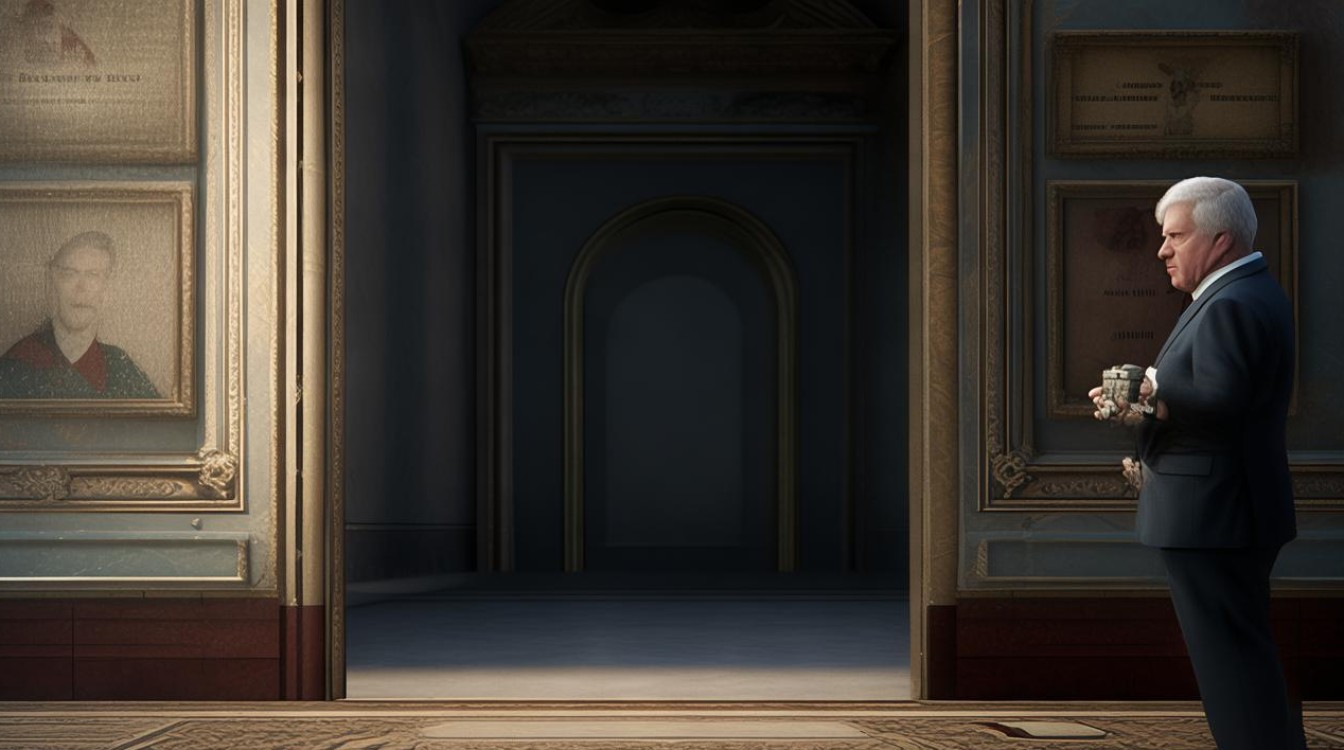Saying goodbye is never easy. Whether it’s bidding farewell to a friend, a colleague, or a chapter of life, the words we choose carry weight. In English, expressing farewell goes beyond a simple "goodbye"—it’s about nuance, emotion, and cultural context. This essay explores how to articulate farewells effectively, blending linguistic技巧 with genuine sentiment.

Why Farewells Matter
Farewells mark transitions. They close one door while hinting at the next. In English-speaking cultures, the tone of a goodbye often reflects the relationship’s depth. A casual "See you later" suits friends, while "It’s been a pleasure working with you" fits professional settings. Misjudging the tone can feel abrupt or insincere.
Psychologists note that well-executed goodbyes foster closure. A study from the University of California found that people who articulated clear farewells experienced less anxiety about separations. Language, in this case, becomes a tool for emotional resolution.
Common Farewell Phrases and Their Nuances
-
"Goodbye" vs. "Farewell"
- "Goodbye" is neutral, suitable for most situations.
- "Farewell" carries a poetic, sometimes permanent connotation. It’s used in formal speeches or heartfelt partings.
-
Temporal Goodbyes
- "See you soon" implies a short separation.
- "Until we meet again" suggests optimism about reuniting.
-
Professional Settings
- "Best regards" is warm yet formal.
- "Wishing you all the best" works for colleagues moving on.
-
Informal Contexts
- "Take care" blends concern with casualness.
- "Catch you later" is playful among peers.
Cultural Considerations
In Western cultures, directness is valued. A British "Cheerio" or an American "Later" reflects this efficiency. However, in Asian cultures, indirect phrases like "Let’s keep in touch" may soften the parting.

Americans often use future-oriented phrases ("Talk soon") to ease the sting of separation. The British might understate emotions with "Must dash," masking sentimentality. Recognizing these subtleties avoids misunderstandings.
Writing a Farewell Letter or Speech
A structured approach ensures clarity and impact:
-
Open with Appreciation
"I’m grateful for the time we’ve shared…"
-
Reflect on Shared Moments
Mention specific memories to personalize the message.
-
Look Ahead

"I’m excited to see where your journey takes you."
-
Close Warmly
"Warmest wishes" or "With heartfelt thanks" are strong endings.
For speeches, pacing matters. Pause after emotional lines to let the words resonate.
Avoiding Clichés
Phrases like "Don’t cry because it’s over, smile because it happened" can feel overused. Instead, opt for originality:
- "This isn’t an ending; it’s a comma in our story."
Personalizing Farewells
Tailor your words to the relationship. For a mentor:
- "Your guidance has been my compass."
For a friend:

- "No distance can dull our inside jokes."
The Role of Nonverbal Cues
In face-to-face goodbyes, tone and body language amplify your words. A firm handshake or sustained eye contact reinforces sincerity.
Digital Farewells
Emojis can soften written goodbyes. A 🚀 symbolizes excitement for new ventures, while a 🤗 conveys a virtual hug. But balance is key—overuse can undermine professionalism.
When Silence Speaks Louder
Sometimes, words fail. A shared silence or a handwritten note can express what speeches cannot.
Farewells are both an end and a beginning. The right words honor the past while embracing the future. Whether whispered, written, or felt, a meaningful goodbye lingers—not as a shadow, but as a light guiding the way forward.
As a final thought: the beauty of farewells lies in their impermanence. Every "goodbye" carries the quiet promise of another "hello."


